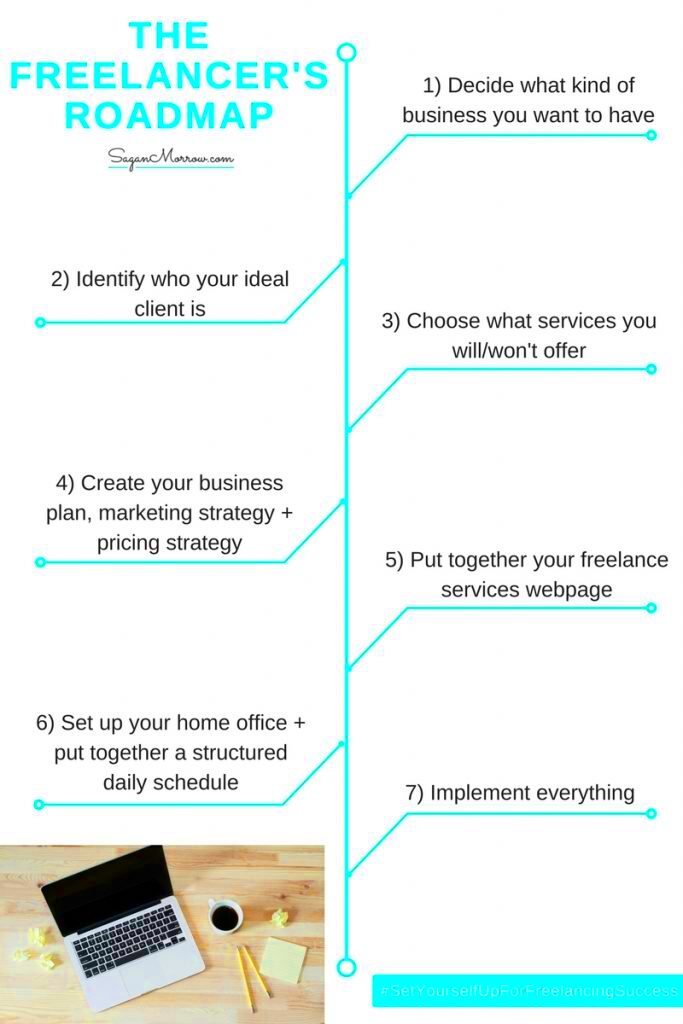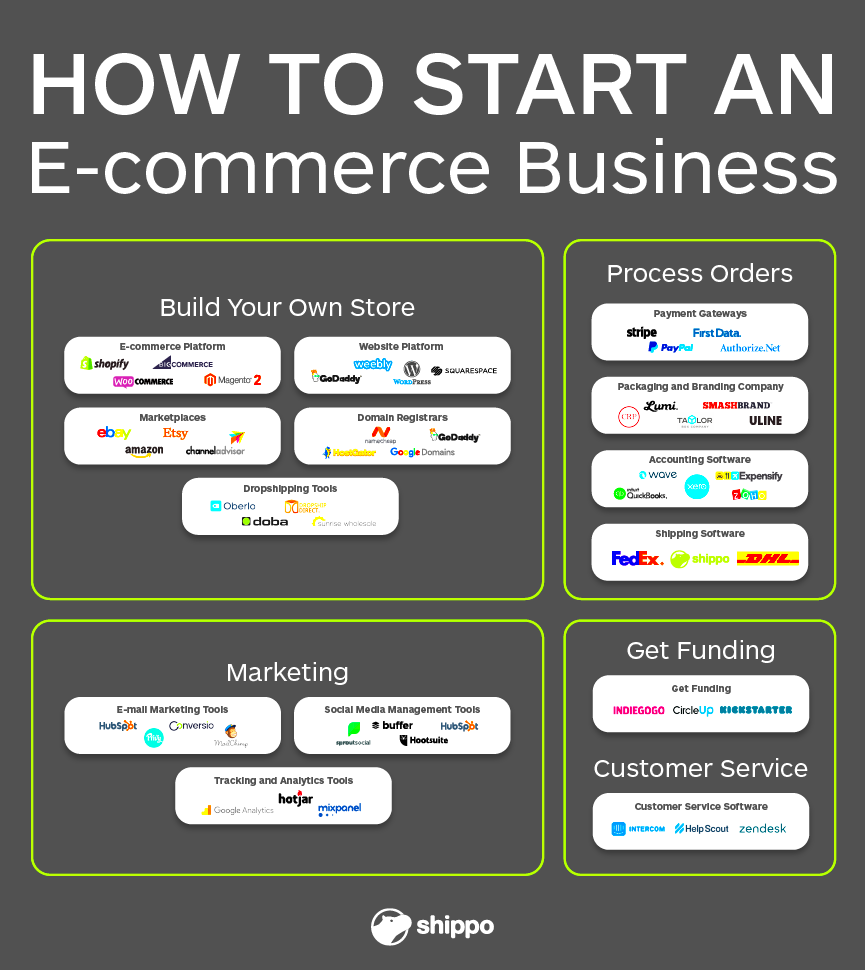Being an eCommerce manager is an exciting and dynamic role in today’s digital world. You will oversee online sales strategies, manage product listings, and enhance customer experiences across various platforms. Your main goal is to drive traffic to the online store and increase sales. You will work closely with marketing, sales, and customer service teams to create a seamless shopping experience.
Some key responsibilities include:
- Developing and implementing online sales strategies
- Analyzing sales data to optimize product offerings
- Managing inventory and logistics
- Overseeing digital marketing campaigns
- Ensuring customer satisfaction through excellent service
As you take on this role, you will need to adapt to the fast-paced nature of eCommerce and continuously seek ways to improve processes and results.
Identifying Required Skills for Success

To succeed as an eCommerce manager, you need a mix of technical and soft skills. Here’s a breakdown of the essential skills:
- Analytical Skills: You must interpret data and metrics to make informed decisions.
- Marketing Knowledge: Understanding SEO, PPC, and social media marketing is crucial.
- Technical Proficiency: Familiarity with eCommerce platforms like Shopify, WooCommerce, or Magento is necessary.
- Project Management: You should be able to manage multiple tasks and meet deadlines.
- Communication Skills: Clear communication with teams and clients is vital.
Having a blend of these skills will help you navigate the challenges of the role and achieve success.
Also Read This: Does Fiverr Accept Bitcoin?
Building Your Portfolio to Attract Clients

A strong portfolio is key to attracting clients as a freelance eCommerce manager. Here are some steps to create an impressive portfolio:
- Showcase Your Work: Include examples of eCommerce projects you have managed. Highlight your role and the results achieved.
- Include Testimonials: Client feedback can add credibility. Reach out to previous clients for testimonials about your work.
- Highlight Key Metrics: Use data to demonstrate your impact. Include figures like increased sales percentages, improved website traffic, or higher customer satisfaction rates.
- Create Case Studies: Detail specific projects, including your strategies and outcomes. This provides a deeper insight into your approach and effectiveness.
Your portfolio should be visually appealing and easy to navigate. Consider creating a website or using platforms like LinkedIn or Behance to showcase your work. A well-presented portfolio can make a significant difference in attracting clients.
Also Read This: How to Start as a Freelance Illustrator
Finding Freelance eCommerce Opportunities

Finding freelance opportunities as an eCommerce manager can be exciting and challenging. With the growth of online shopping, many businesses seek skilled managers to help boost their online presence. Start by exploring various platforms where freelancers connect with clients, such as Fiverr, Upwork, and Freelancer. These platforms allow you to showcase your skills and bid on projects that fit your expertise.
Here are some tips to find the best opportunities:
- Optimize Your Profile: Make sure your profile highlights your skills, experience, and achievements. Use keywords relevant to eCommerce management to improve your visibility.
- Join eCommerce Forums and Groups: Engage in discussions on platforms like LinkedIn or Facebook. Networking with others can lead to job referrals.
- Attend Webinars and Conferences: Participate in industry events to meet potential clients and learn about new trends. These gatherings are also great for building connections.
- Reach Out to Local Businesses: Many small businesses are looking to enhance their online presence. Send them a well-crafted email offering your services.
By being proactive and using the right channels, you can find plenty of freelance eCommerce opportunities that match your skills and interests.
Also Read This: What is a Package Name in Fiverr?
Setting Your Rates and Terms

Setting your rates as a freelance eCommerce manager is crucial for your success and sustainability. It can be tempting to undercharge, especially when starting, but it’s essential to value your skills appropriately. Research what other eCommerce managers are charging to find a competitive yet fair rate.
Consider the following when determining your rates:
- Experience Level: If you are just starting, you might want to charge less. However, as you gain experience, gradually increase your rates.
- Project Scope: Consider the complexity and duration of the project. Larger projects or those requiring more skills should have higher rates.
- Market Demand: Keep an eye on trends in eCommerce. If there’s high demand for specific skills, you can adjust your rates accordingly.
- Payment Structure: Decide if you prefer hourly rates or project-based fees. Be clear about your payment terms and conditions.
Always communicate your rates and terms upfront to avoid misunderstandings later on. Transparency helps build trust with clients.
Also Read This: How to Order on Fiverr: A Step-by-Step Guide
Managing Your Time and Projects Effectively
As a freelance eCommerce manager, effective time management is essential. With multiple clients and projects, you need to stay organized to meet deadlines and maintain high-quality work. Here are some strategies to help you manage your time and projects more effectively:
- Set Clear Goals: Define your objectives for each project. Knowing what you want to achieve will help you stay focused.
- Use Project Management Tools: Tools like Trello, Asana, or ClickUp can help you keep track of tasks and deadlines. These platforms make it easy to organize your workload.
- Create a Schedule: Dedicate specific times for client work, meetings, and personal tasks. A consistent routine can increase your productivity.
- Prioritize Tasks: Identify which tasks are urgent and important. Focus on completing these first to maintain momentum.
- Set Boundaries: As a freelancer, it’s easy to blur the lines between work and personal life. Make sure to set boundaries to avoid burnout.
By applying these time management techniques, you can handle your projects efficiently while providing excellent service to your clients.
Also Read This: How to Upload a Picture to Your Fiverr Profile
Staying Updated with eCommerce Trends
In the fast-paced world of eCommerce, staying updated with the latest trends is vital for your success as a freelance manager. The digital landscape evolves rapidly, and new technologies, consumer preferences, and market strategies emerge constantly. Keeping your skills and knowledge current will not only help you serve your clients better but also set you apart from the competition.
Here are some effective ways to stay informed:
- Follow Industry Blogs: Subscribe to blogs like Shopify, BigCommerce, and eCommerce Times. These platforms provide valuable insights and updates about the industry.
- Join Webinars and Online Courses: Participate in webinars hosted by eCommerce experts. Online courses can also enhance your skills and knowledge about new tools and strategies.
- Engage on Social Media: Follow eCommerce influencers and brands on platforms like LinkedIn, Twitter, and Instagram. Engaging in discussions and sharing insights can expand your understanding of current trends.
- Read Market Research Reports: Look for reports from research firms like Statista or Nielsen. These can provide in-depth analysis and forecasts about the eCommerce market.
By proactively seeking out information, you can keep your skills sharp and adapt to changes in the eCommerce landscape.
Also Read This: Best Fiverr Sellers for Robotics Engineering in 2024
Networking with Other Professionals
Networking is a powerful tool for freelancers. Building relationships with other professionals in the eCommerce field can open doors to new opportunities, partnerships, and collaborations. The more connections you have, the more resources you can tap into for advice, referrals, and shared knowledge.
Here are some ways to effectively network with others:
- Attend Industry Events: Participate in conferences, workshops, and meetups related to eCommerce. These events provide great opportunities to meet potential clients and collaborators.
- Join Professional Organizations: Becoming a member of eCommerce associations can help you connect with other professionals. These groups often offer valuable resources and networking opportunities.
- Utilize Social Media: Use LinkedIn to connect with industry peers. Share your knowledge and engage in discussions to establish yourself as a knowledgeable professional.
- Volunteer for Projects: Offer your expertise to nonprofit organizations or startups. This not only helps you gain experience but also allows you to meet new people.
Building a strong network can significantly enhance your career and lead to new freelance opportunities in the eCommerce space.
Also Read This: How to Find Work on Fiverr: A Comprehensive Guide
Frequently Asked Questions
As a freelance eCommerce manager, you may encounter various questions as you navigate your career. Here are some frequently asked questions and their answers:
- What qualifications do I need to become an eCommerce manager?
While formal qualifications can help, practical experience and a strong portfolio are often more important. Familiarity with eCommerce platforms, marketing strategies, and data analysis is crucial. - How do I find clients as a freelancer?
You can find clients through freelance platforms like Fiverr and Upwork, local networking events, social media, and by reaching out directly to businesses that may need your services. - How much should I charge for my services?
Your rates should reflect your experience, the complexity of the project, and market demand. Research what others in your field charge and set competitive yet fair rates. - What are the biggest challenges of freelancing in eCommerce?
Some challenges include managing time effectively, maintaining a steady stream of clients, and staying updated with industry trends. However, with good planning and networking, you can overcome these challenges.
By understanding these common questions, you can better prepare yourself for a successful career as a freelance eCommerce manager.
Conclusion
Embarking on a career as a freelance eCommerce manager can be both rewarding and challenging. By understanding your role and responsibilities, identifying the skills you need, and building a strong portfolio, you position yourself for success. Finding freelance opportunities, setting fair rates, and managing your time effectively are crucial aspects of your journey. Staying updated with industry trends and networking with other professionals will enhance your expertise and open new doors. Remember, your commitment to continuous learning and adaptability will be key to thriving in the ever-evolving eCommerce landscape. Embrace the journey, and enjoy the freedom that freelancing brings!




